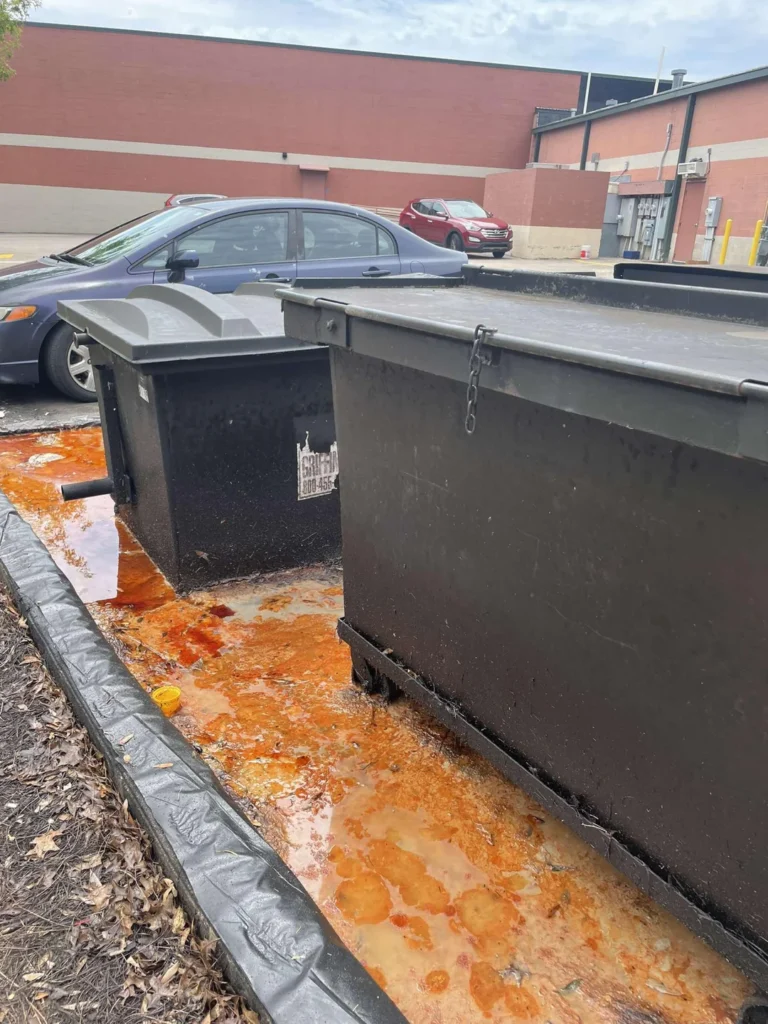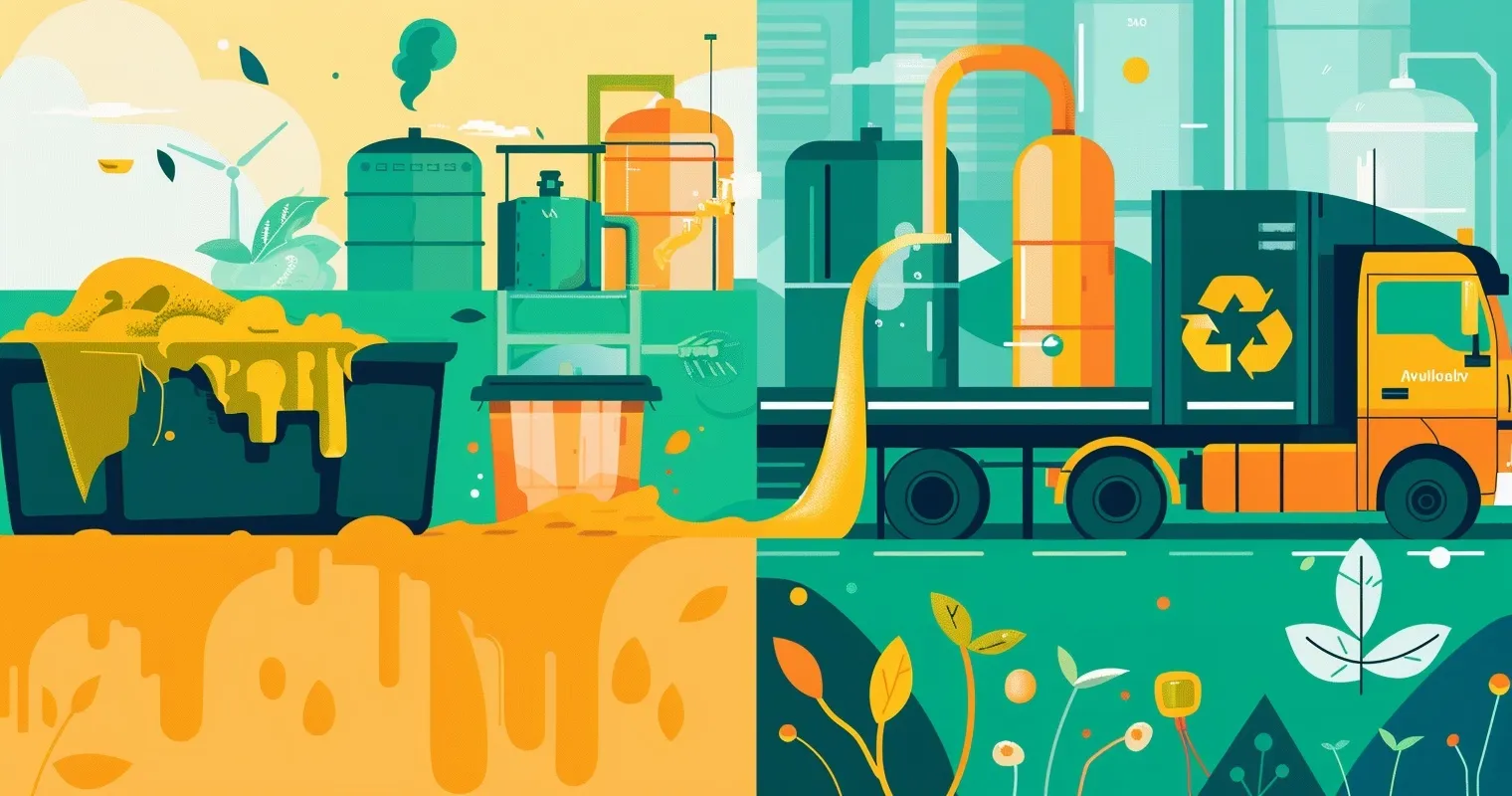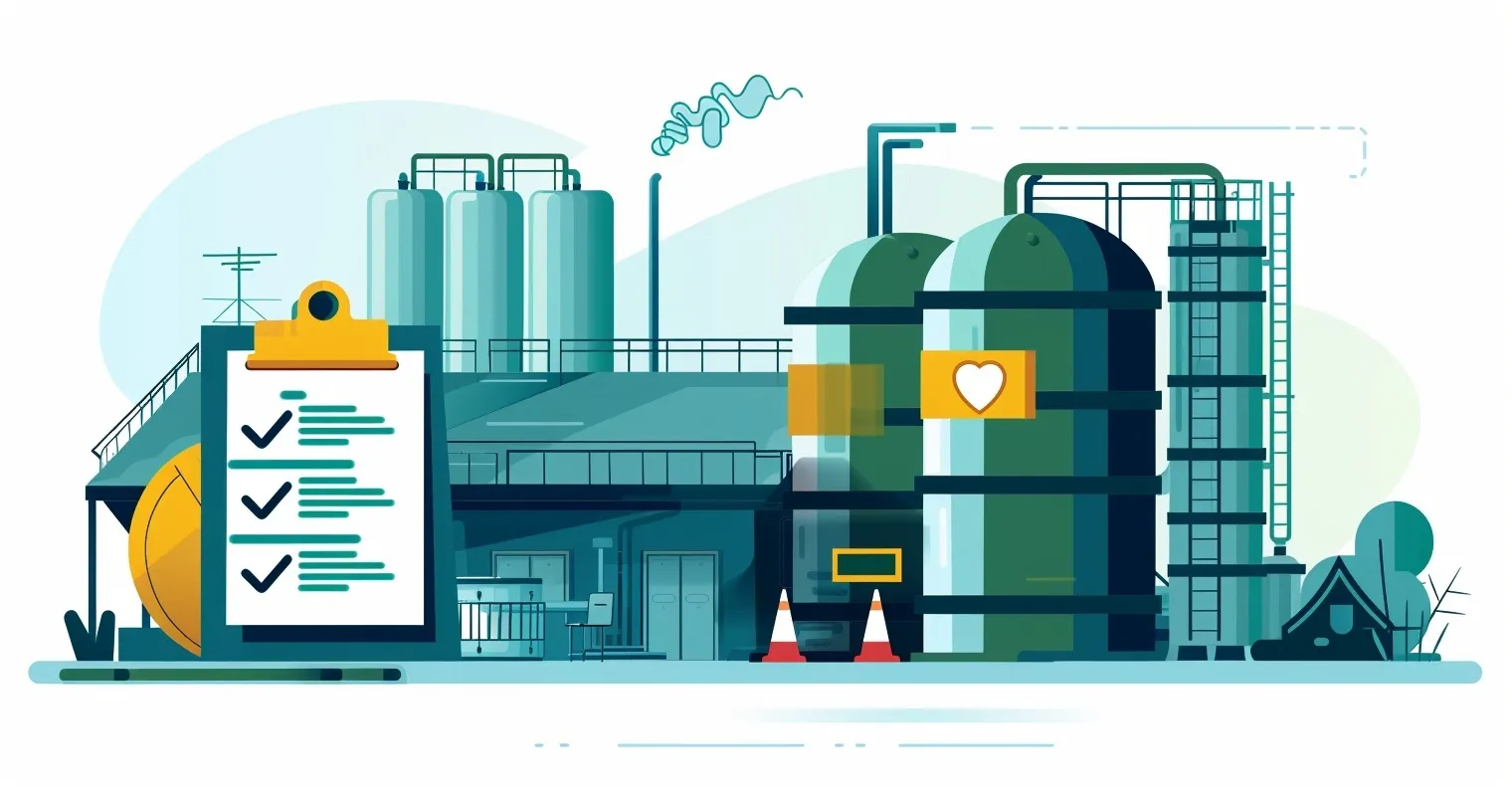A recent Reddit discussion caught our attention, posing a question that many restaurant owners and managers face: Who is responsible for cleaning the area around a grease bin when spills and buildup occur?
It’s a fair question that touches on liability, service expectations, and the practical realities of commercial kitchen operations. Let’s break down the responsibilities of grease bin cleanup and explore how smart prevention strategies can minimize these issues altogether.

The Reality of Used Cooking Oil Handling
When dealing with used fryer oil, spills and accidents are inevitable. Oil transfers, equipment malfunctions, and human error all contribute to the occasional mess around grease storage containers. We’re all human, after all, and even the most careful operations experience these challenges.
The real question isn’t whether spills will happen—it’s understanding who handles the cleanup when they do.
Industry Standards: Where Responsibility Lies
From a waste management perspective, the answer is straightforward: cleanup responsibility typically falls on the facility generating the waste.
This principle applies across all waste streams. Whether we’re talking about grease, general garbage, or recyclable materials like cardboard, waste haulers are contracted to empty containers—not to manage waste that hasn’t made it into those containers. Just as a recycling company won’t break down cardboard boxes and place them in your recycling bin, grease haulers aren’t responsible for cleaning spills they didn’t create.
The Service Contract Reality
Most waste management contracts are clear about this division of responsibility. Haulers are hired to:
- Empty storage containers on schedule
- Transport waste to appropriate processing facilities
- Ensure safe, compliant collection practices
- Replace container when old, damaged, dirty.
They are not typically contracted to:
- Clean spilled material around containers
- Pump out other vendors grease bins
- Address facility maintenance issues
The Partnership Factor: When Service Goes Beyond Contract
While cleanup may not be a contractual obligation, many reputable grease management companies understand the value of strong customer relationships. When approached correctly, your service provider may assist with emergency cleanup situations.
Here’s why this partnership approach matters:
Equipment and Expertise: Grease haulers have specialized equipment and knowledge for handling cooking oil spills safely and effectively.
Emergency Response: A good service provider recognizes that major spills can impact your operations and may offer assistance to maintain the relationship.
Long-term Value: Companies that go above and beyond in emergency situations often earn customer loyalty and referrals.
However, it’s crucial to understand that such assistance is typically a courtesy, not an obligation. Don’t assume this service will always be available or free.
Prevention: Your Best Defense Against Grease Bin Cleanup Issues
Rather than relying on post-spill cleanup, smart restaurant operators focus on prevention strategies:
Staff Training Programs
Implement comprehensive training on proper grease disposal procedures, including:
- Safe transfer techniques for hot oil
- Proper use of caddys and transfer equipment
- Immediate response protocols for small spills
- Regular inspection routines for storage areas
Equipment Maintenance
Keep your grease management system in optimal condition:
- Regular inspection of storage containers for leaks
- Prompt notification of damaged equipment
- Proper closing of container lids to prevent weather-related overflow
- Strategic placement of containers to minimize transfer distances
Environmental Controls
Simple measures can dramatically reduce spill frequency:
- Non-slip mats around transfer areas
- Adequate lighting for safe oil handling
- Weather protection for outdoor storage areas
- Consistent cleanup around container locations
Managing Overflow and Weather-Related Issues
One often-overlooked cause of “spills” around grease bins is weather-related overflow. Heavy rainfall can cause improperly sealed containers to overflow, creating cleanup challenges that may not be immediately obvious.
Prevention strategies include:
- Ensuring tight-fitting lids on all containers
- Regular inspection of seals and gaskets
- Proper container sizing to account for expansion
- Covered storage areas where possible
Building Strong Service Provider Relationships
The most successful restaurant operations cultivate partnerships with their service providers rather than treating them as mere vendors. This approach pays dividends when unexpected situations arise.
Key relationship-building strategies:
- Clear communication about expectations and responsibilities
- Prompt payment and contract compliance
- Advance notice of operational changes or increased volumes
- Recognition and appreciation for exceptional service
When problems do occur, approach your service provider professionally and acknowledge that cleanup assistance, if offered, is a courtesy rather than an obligation.
The Bottom Line
While the responsibility for grease bin area cleanup ultimately rests with the restaurant, understanding this doesn’t mean you’re on your own. Smart prevention strategies, proper staff training, and strong service provider relationships create a framework for managing these challenges effectively.
Remember: the goal isn’t to avoid all spills—it’s to minimize their frequency, address them quickly when they occur, and maintain professional relationships that support your operation’s success.
By focusing on prevention and partnership, restaurant operators can keep their grease management systems running smoothly while building valuable relationships with service providers who understand the complexities of commercial kitchen operations.
At Eazy Grease, we understand the challenges restaurant owners face with used cooking oil management. Our team combines reliable service with industry expertise to help you maintain clean, compliant operations. Contact us to learn how we can support your grease management needs.


